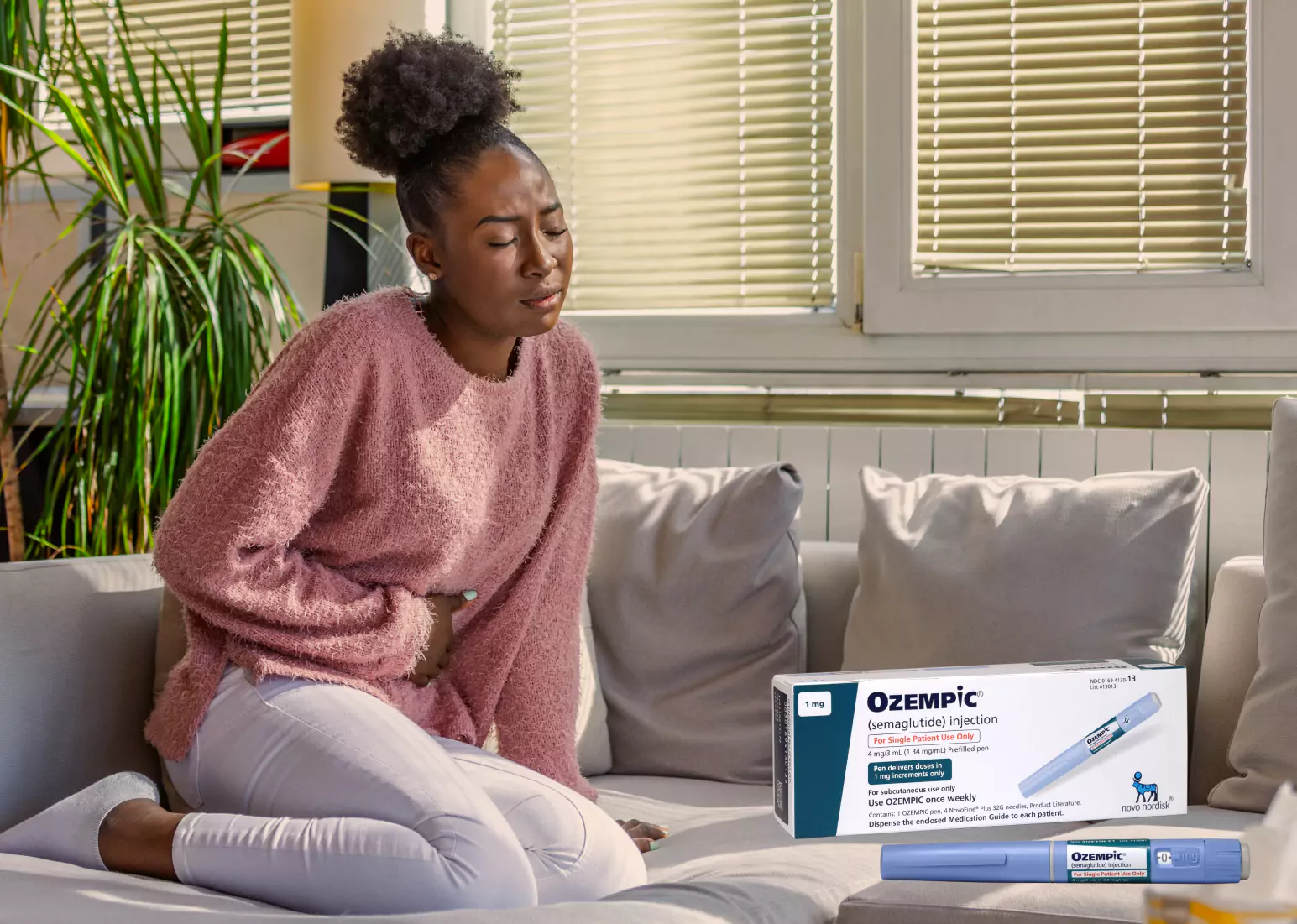Fertility Cliff Myth: Exploring Age, Reproductive Health, and Fertility Realities

Key Takeaways
The expression “your biological clock is ticking” is commonly used to suggest that the reproductive window of women in their early 30s may be coming to an end.
Contrary to this popular notion, new research in reproductive medicine suggests there are many more factors that can affect fertility besides a woman’s age. Unfortunately however, when it comes to the topic of a woman’s fertility, some of these age-old myths still linger.
Let’s explore the other factors that can affect reproductive health and how new technology has changed our understanding of fertility.
What is the Fertility Cliff?

Female fertility refers to your ability to give birth to biological children. The fertility cliff is thought to be a certain point in time when your ability to get pregnant quickly diminishes.
However, fertility can vary from person to person. So, where did the notion of the “fertility cliff” come from?
If you are born with a uterus, your body will contain 1-2 million eggs from birth. Most research indicates that females do not continue producing eggs during their lifetime, which is why the number of eggs will actually start to decline with age.
While there is no scientific consensus about an exact female fertility timeline, age 35 is historically cited as the age when eggs are less viable and you may experience difficulty getting or staying pregnant.
The Age 35 Myth
There is some truth to the fact that pregnancy can get harder as you get older.
For example, as you age, the chance of high-risk pregnancies and maternal health conditions like gestational diabetes and high blood pressure during pregnancy increase. Advanced maternal age may also increase the risk of miscarriage.
The myth around women at the age of 35 stems from the 1970s, when doctors advised pregnant women to have a genetic testing procedure called amniocentesis after a certain age. This invasive procedure is used to detect chromosomal abnormalities in the fetus, although one of the associated risks includes pregnancy loss.
Because there is a risk of pregnancy loss as a result of the procedure, doctors calculated that the likelihood of Down syndrome in the fetus was higher than the risk of pregnancy loss at around age 35.
Today, however, gynecologists and fertility specialists have other tests available. Women have also opted to undergo this procedure at younger ages, making it harder to determine the risks solely based on age.
What Does New Research Say About Fertility?

A new study conducted in 2021 investigated 60-year trends in the reproductive lifespan of women in the United States. Researchers found that the mean age of menopause has increased by 1.5 years—from age 48 nearly to age 50.
According to the study, the mean reproductive lifespan of a woman also increased by 2 years—from a window of 35 years to 37 years of her life. This means that a woman’s mean reproductive lifespan now lasts from around age 12.7 (first period) to age 49.9 (menopause).
This data suggests that female fertility is less inflexible than previously thought, and that these ranges can change over time.
In 2017, the National Center for Health Statistics reported that birth rates for mothers thought to be in their peak reproductive years (younger than 30) were actually falling, while birth rates for women aged 30-44 rose.
Since 2007, the birth rate has risen by 19 percent among women in their early forties, and by 11 percent for women in their mid-30s.
What Other Factors May Affect Fertility?
So, if age is not the only factor that affects fertility, what other things may play a role in shortening reproductive lifespan? Here are a few more things to keep in mind:
- Certain medical conditions, such as endometriosis or polycystic ovary syndrome, can hinder your ability to get pregnant.
- Smoking can have a negative effect on your hormone production, damage your reproductive system, and make it harder to conceive.
- Cancer treatments like chemotherapy and radiation can harm your eggs and have a negative effect on your fertility.
- Functional hypothalamic amenorrhea (FHA) is a condition caused by excessive weight loss, exercise, and/or stress. The condition affects your hormones, disrupting the menstrual cycle. It is sometimes associated with anorexia.
3 Fertility Cliff Myths You Should No Longer Believe
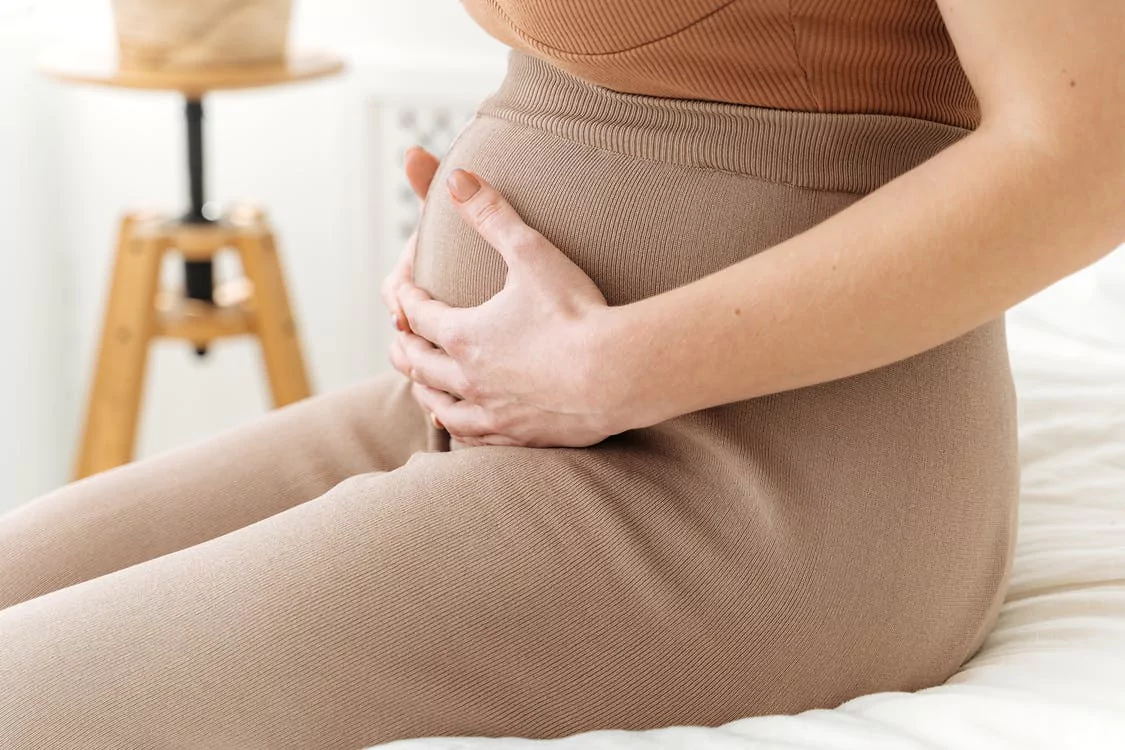
Now that we’ve gone over some of the new research around fertility and advancements in women’s health issues, let’s disprove a few myths that are still circulating.
1) Women Are no Longer Fertile After 35
As we’ve discussed, women’s fertility is affected as they get older because the amount of eggs declines with age. However, there is no exact age at which someone may become infertile, and this number can vary for every woman.
Getting pregnant at a younger age may be easier for some women—studies indicate that women under 30 have an 85 percent chance of becoming pregnant within a year of trying. However, some women will continue to be fertile into their forties, and even beyond.
2) Infertility is the Woman’s Fault
Infertility occurs in men almost as often as women. In people of reproductive age in the U.S., about nine percent of men have experienced fertility problems, compared to 11 percent of women.
In infertile couples with a male and female partner, the problem is with the man in a third of cases. In another third of cases, the problem is with the woman, and in the final third the problem is unknown.
3) Age-Related Fertility Issues Only Affect Women
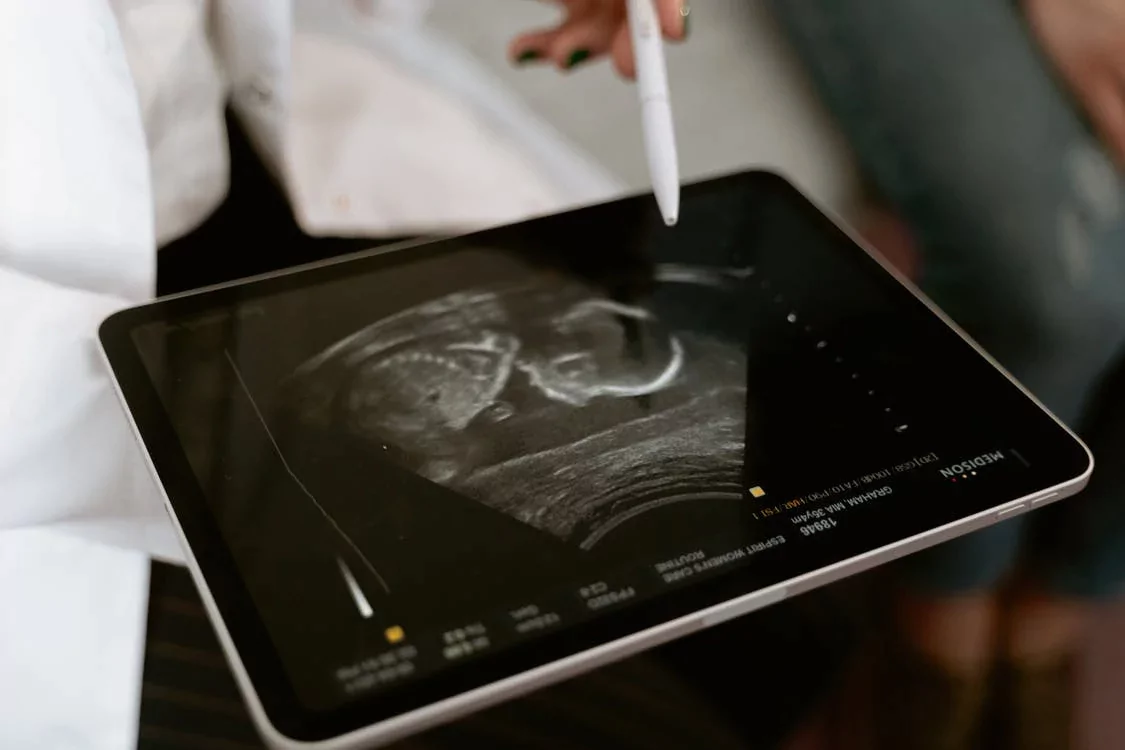
A man’s fertility is affected by age en as well, though to a less predictable degree. Age can affect factors such as seminal volume, motility, and sperm concentration in men, which hinder their ability to inseminate.
Apart from this, external factors such as smoking, hormonal changes, certain medications, and health conditions such as sickle cell disease can all affect fertility in men.
Fertility and Blood Glucose Levels
Another factor that may influence fertility is blood glucose levels. Women who are insulin resistant have a higher chance of having polycystic ovary syndrome, or PCOS. Because PCOS prevents your ovaries from functioning normally, it can interfere with your ability to get pregnant.
Similarly, women with type 1 or 2 diabetes are more likely to have fertility problems, and studies show that a history of infertility is associated with an increased risk of developing type 2 diabetes.
A 2019 study even found that Chinese women with high fasting blood sugar levels took longer to get pregnant on average. While these findings are significant, more research is still needed to establish the exact correlation.
New Advancements in Fertility Treatment

Egg Freezing (or Oocyte Cryopreservation)
Egg freezing is the process of having your eggs extracted, frozen, and stored so that you can delay pregnancy and extend your reproductive possibilities. The first human birth after egg freezing occured in 1986. While egg freezing is far from new, this technology has advanced greatly over time.
One of the main difficulties of freezing eggs is their water content. Human eggs are mostly water. This causes ice crystals to form during the freezing process, which can potentially damage the eggs.
Luckily, around 10 years ago, the process of vitrification was developed, which freezes eggs almost instantly. This makes the egg freezing process much easier, and more viable.
Ovarian Tissue Freezing and Reimplantation
Ovarian tissue freezing is the process of having your egg-producing tissue frozen and stored. It’s typically done for people who are facing medical treatment that may affect their fertility, like chemotherapy or radiation.
This procedure can also be used for those undergoing gender reassignment surgery. After the treatment, the tissue can be reimplanted, increasing the possibility of getting pregnant and restoring natural hormone production.
Ovarian tissue freezing has been available for 20 years, but in the past 10 years advancements have been made to make the process more successful.
Why You May Still Want to Freeze Your Eggs
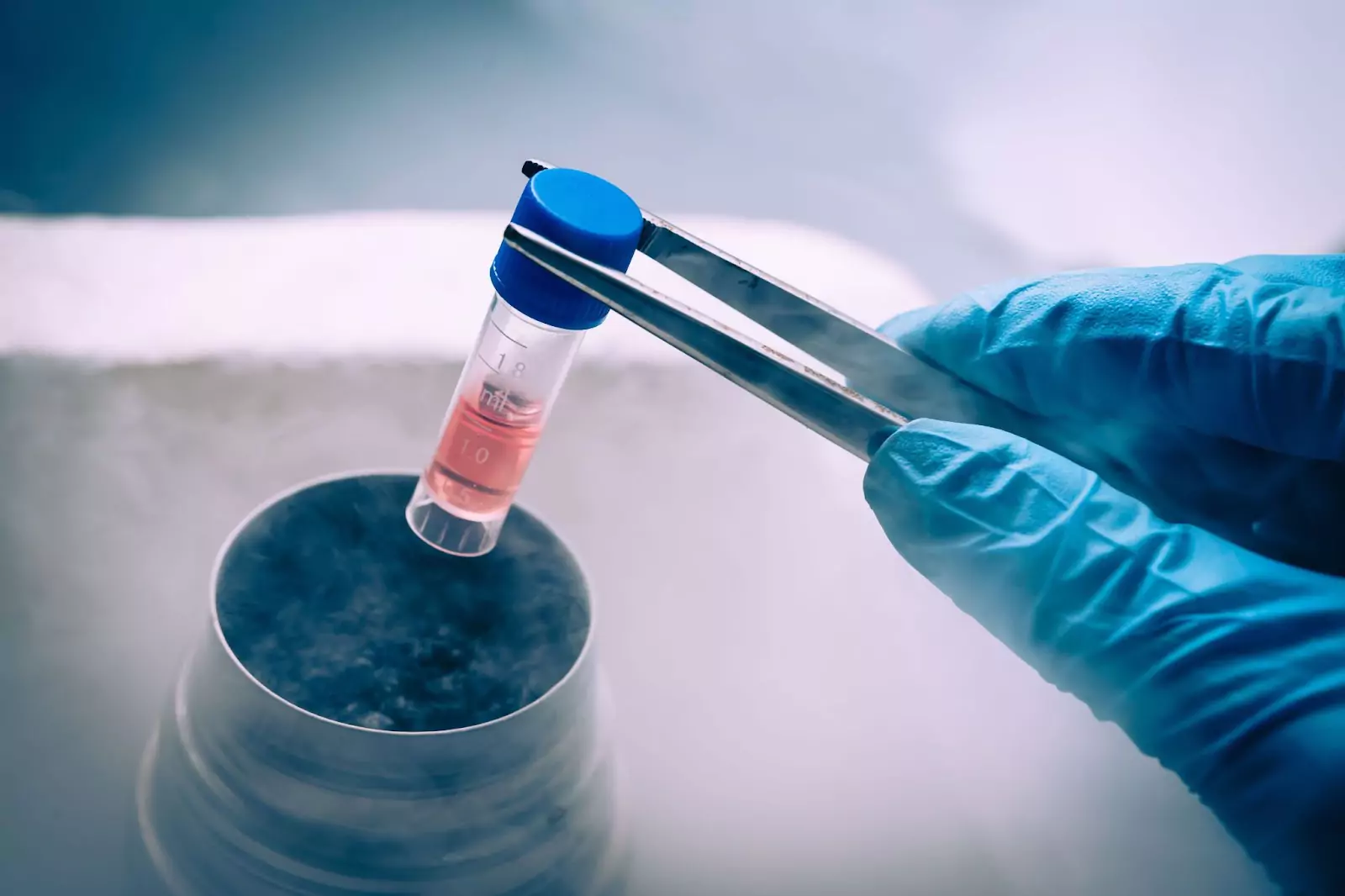
Even if you’re not worried about your eggs disappearing in your 30s, there are many other reasons to consider freezing your eggs.
You may want to consider freezing your eggs if:
- You aren’t ready emotionally or financially to be a parent, but think you change your mind later in life.
- You aren’t sure if you ever want to have children, but want to keep your options open.
- You may want more time to focus on your career or education.
- You don’t yet have a partner to help you raise a child, but hope to have kids with one in the future.
Whatever your reasons, it can be empowering to know that it’s possible to have some control over your own reproductive timeline.
Find the right Nutrisense programto turn insight into progress.
Go Beyond Glucose Data with Nutrisense
Your glucose can significantly impact how your body feels and functions. That’s why stable levels are an important factor in supporting overall wellbeing. But viewing glucose isn't enough. Nutrisense, you’ll be able to learn how to use your body's data to make informed lifestyle choices that support healthy living.
One-to-one coaching
Sign up to access insurance-covered video calls to work with a glucose expert: a personal registered dietitian or certified nutritionist who will help tailor your lifestyle and diet to your goals.
Monitor and measure what matters
With the Nutrisense CGM Program, you can monitor your glucose with health tech like glucose biosensors and continuous glucose monitor (CGM)s, and analyze the trends over time with the Nutrisense App. This will help you make the most informed choices about the foods you consume and their impact on your health.
Find your best fit
Ready to take the first step? Start with our quiz to find the right Nutrisense program to help you take control.
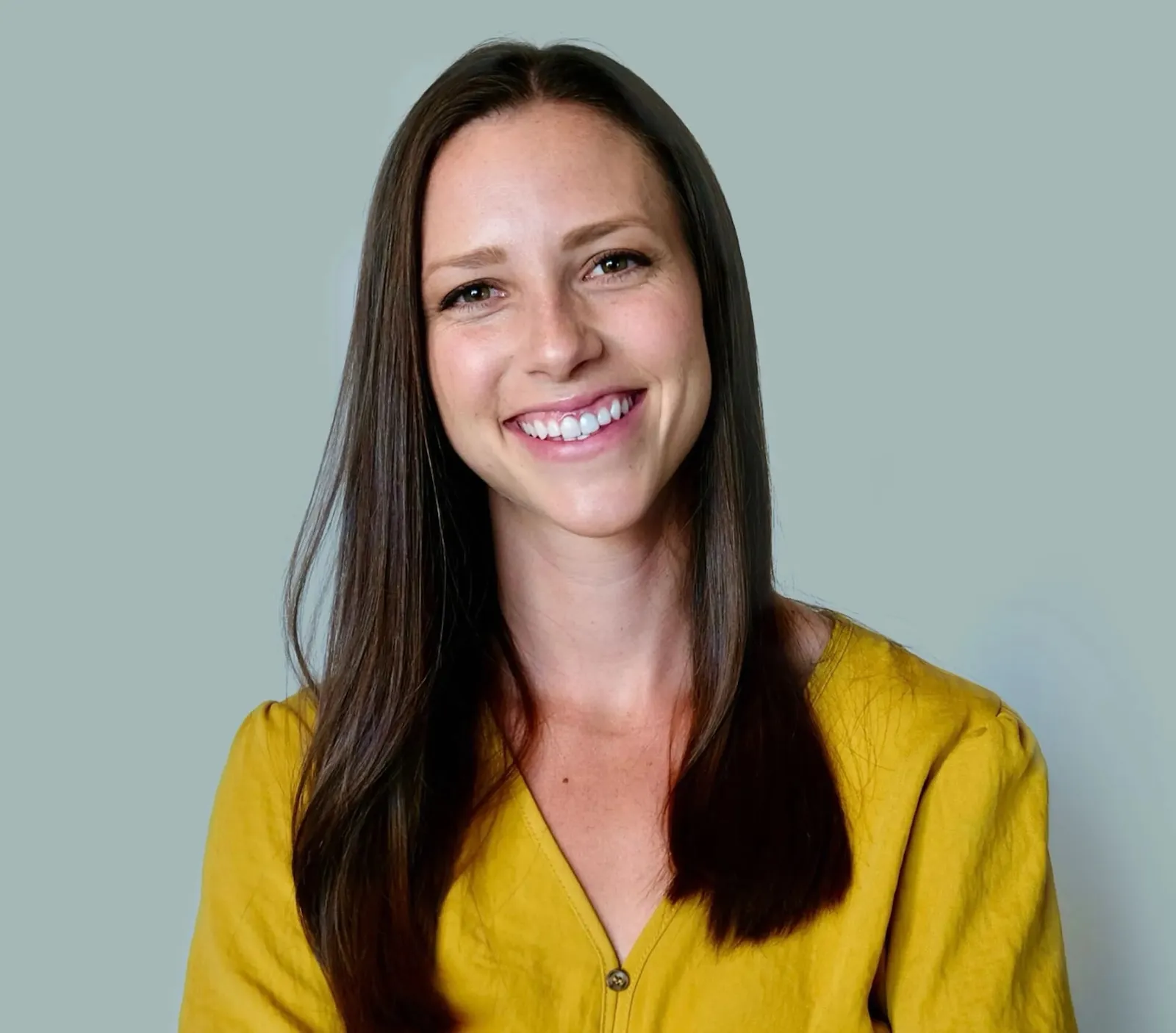
Kara Collier is a registered dietitian nutritionist and certified nutrition support clinician who is passionate about reshaping how we approach prevention, behavior change, and metabolic health. A Forbes 30 Under 30 honoree, she’s helped over 150,000 people improve their metabolic health using tools like continuous glucose monitors and behavior-focused nutrition strategies. Kara has been featured by Forbes, UC Berkeley, and HLTH, and has appeared on top podcasts like Mind Pump and The Genius Life.

